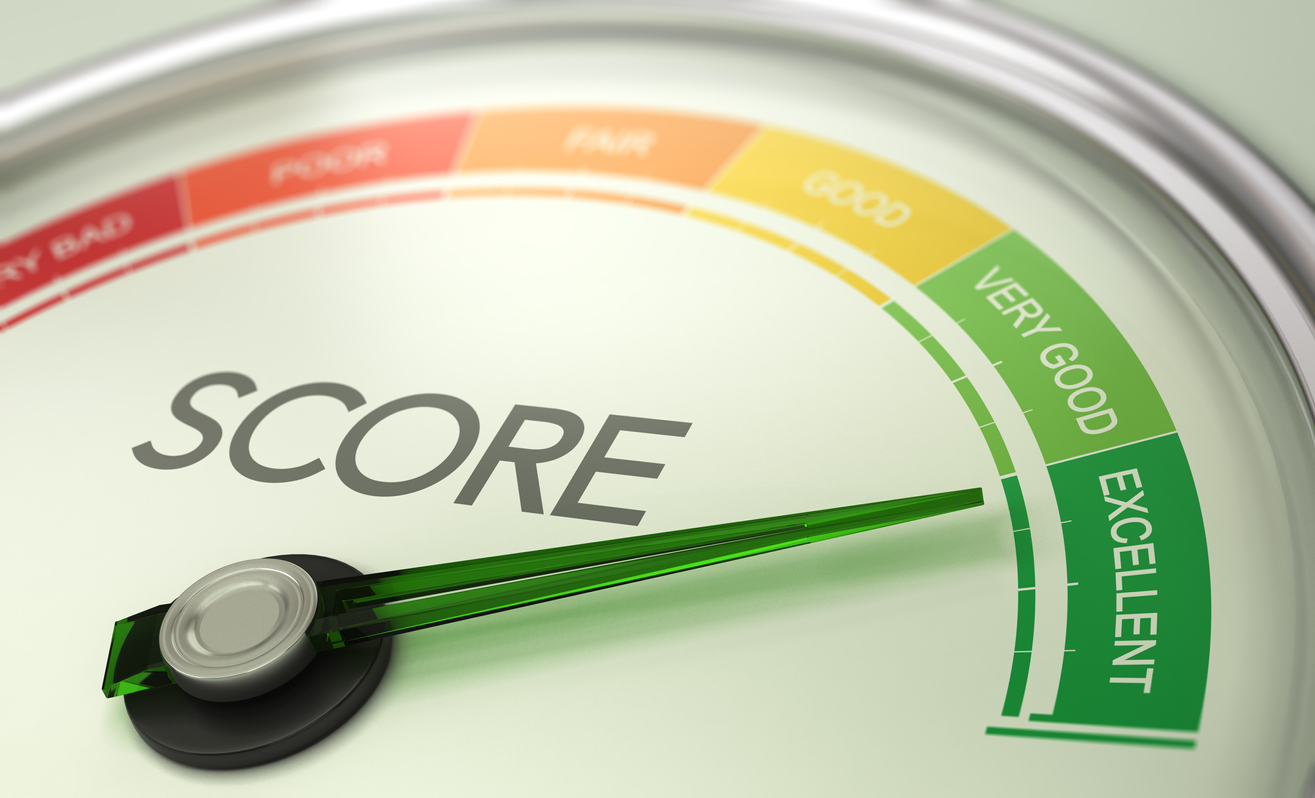Knowing your company’s credit ratings might assist you qualify for loans or refinance debt.

Table of Contents
Examine Your Company’s Credit Score
Businesses may use business credit to borrow money, purchase products and services, and grow their operations. Many firms would be unable to start or develop without business loans.
Each commercial credit bureau has its own numerical scoring methodology. This number, known as a corporate credit score, is used to assess the creditworthiness of a company.
The business credit score of a corporation is as follows:
Aids in the identification of possible credit risks
It makes loans and funding more accessible.
Aids in attracting consumers and investors
Enhances your reputation
Long-term savings are realised by making it simpler to borrow money or negotiate better terms with creditors.
Checking Your DUN & Bradstreet PAYDEX Score
Dun & Bradstreet is the most prominent of the three main commercial credit reporting companies. A PayDEX score is the term given to their company credit score. This score is a number between 0 and 100. (100 being the best).
Follow these procedures to determine your PayDEX score:
Visit www.dnb.com > Login > View, modify, and update my information to access your Dun & Bradstreet account.
Make sure you have at least three established trade lines.
Dial (248) 641-3800 to reach Dun & Bradstreet.
Explain that you’d want to verify your company’s credit score. They will advise you to buy D&B PayDEX® ScoreCreditBuilderTM, a $899 yearly subscription that allows you to monitor your credit score.
Buy D&B PAYDEX® ScoreCreditBuilderTM.
Examine your company’s credit file, payment history, and credit score.
Experian Intelliscore Plus Credit Score Checking
Experian Business, the second most used business credit reporting agency after D&B, is another of the main business credit agencies. Experian Intelliscore Plus Credit Score is the name of their corporate credit score. This score is a number between 1 and 100. (100 being the best).
Follow these methods to discover your Experian business credit scores:
Please go to https://sbcr.experian.com/.
Enter your company’s details.
“Get Your Report Now” will appear.
CreditScoreSM Report is available for $39.99.
Examine the Experian Intelliscore Plus Credit Score on your company credit report.
Checking Your Equifax Payment Index Score, Business Credit Risk Score, and Business Failure Score
Equifax corporate credit reports calculate creditworthiness for lenders using three separate scores:
Equifax Payment Index Rating (scores creditworthiness from 1-100; the higher, the better)
Business Credit Risk Score from Equifax (scores risk from 101-992; the higher the score, the lower the risk)
Business Failure Score Equifax (scores risk from 1,000-1,610; the higher the score, the better likelihood your business will still be around in 12 months)
Your Equifax Small Business credit report will include each of these ratings.
Follow these procedures to find your three Equifax Small Business credit scores:
For $99.95, you may get a copy of your Equifax Small Business credit report at https://www.equifax.com/business/business-credit-reports-small-business.
All three scores may be seen on your company credit report.
How to Determine Your FICO SBSS Score
You are unable to see your own FICO SBSS Score. When a lender pulls your credit record, FICO generates an SBSS credit score. The score is calculated using information from other major credit reporting agencies (such as Dun & Bradstreet, Experian Business, and Equifax Small Business) as well as your personal credit report and additional proprietary factors.
The FICO SBSS business credit score is between 0 and 300. Scores of 180 or above are suitable for obtaining credit lines or loans.
The best strategy to guarantee your company’s FICO SBSS Score is to have both your business and personal credit reports in good standing and to ensure your company’s overall health. Here are some strategies for keeping your score:
You must pay all of your bills on time (personal and business).
Maintain a healthy financial flow (operating capital and reserves).
Consistently generate revenues.
Maintain a modest debt-to-income ratio (i.e., keep debts no higher than 30 percent ).
Have a lot of company assets. These are always liquidable or may be used as collateral.
